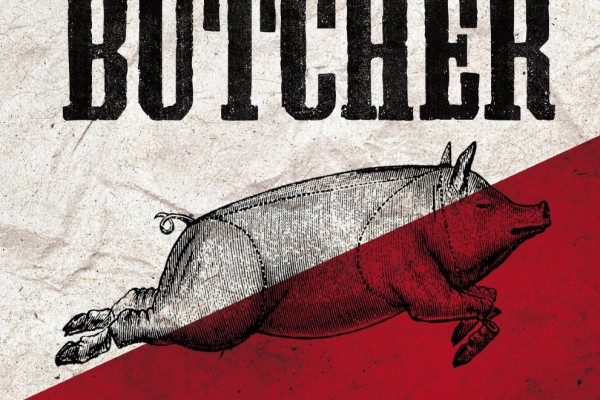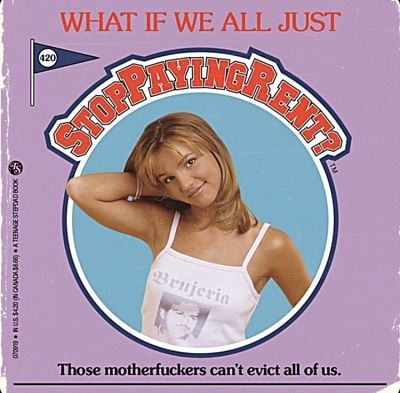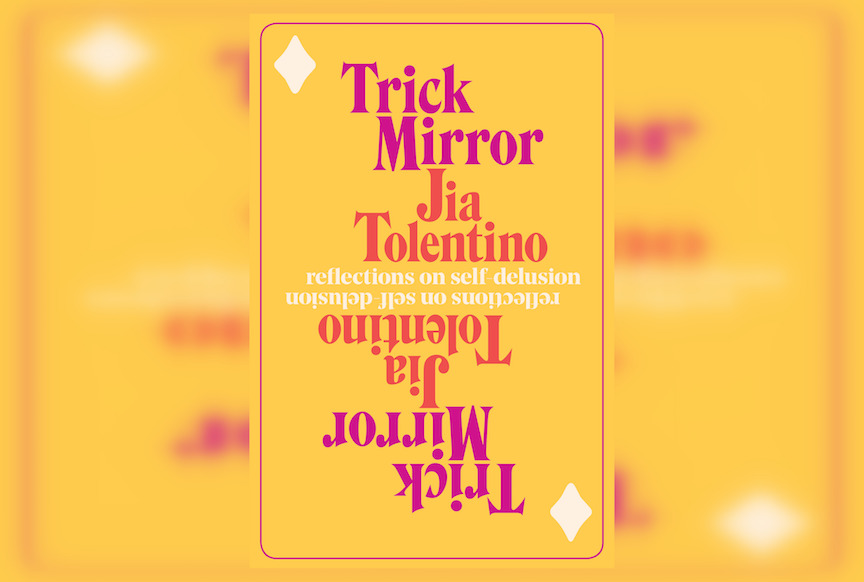Review by Michael Gibney

When writing a book that aims, at least in some measure, to persuade truculent vegans that the responsible consumption of animals is not the primeval barbarism it’s cracked up to be, one must recognize the marked danger in opening with an anecdote about spoon-scooping goat brains from a freshly severed head while bystanders look on in horror. But Berlin Reed, author of The Ethical Butcher: How Thoughtful Eating Can Change Your World, doesn’t seem to pay that danger any mind. Perhaps because he knows that, in an age where the chatter about food and cooking is more profuse than it has been probably since the discovery of fire, his manuscript would get laughed all the way to the paper shredder if he let his readers even think about doubting his credibility as a butcher. So, gray matter in hand, he makes quick work of showing us that he is not just another enthusiastic hobbyist—no, he’s elbows-deep in a craft that is obviously not for the lily-livered.
Yet, understanding the lion’s den into which he’s just sauntered, and no doubt in an effort to retain the attention of what few vegetarians have carried on, the sharp-witted, soi-disant Ethical Butcher quickly parries with an journey through his herbivorous youth, where it appears he was staunchly opposed to eating animals for numerous high-minded reasons. It’s counterintuitive, of course, this vegan-cum-butcher motif (which is a virtue the author happily capitalizes on), but, it’s in this dualistic exchange at the top of the book that we first glimpse Reed’s even-handed approach to the subject matter, which, central to any sound argument, is what hoists his position in the end.
The book, a trim, two-hundred-page volume out this month from the aptly named Soft Skull Press, is cleft into two major sections. The first part is an account of the author’s entrée into butchery, with special attention given to the moral transformation he underwent in order to get “back” to an omnivorous diet, and how that transformation inspired him to master the craft of cutting animals. The second part is a well-appointed argument for thoughtful eating, which waxes polemic on the subject of abolitionist vegetarianism, and lays pretty comprehensively into the terminological inaccuracies that abound in the food service industry today.
In the first section it is difficult to prefer the cozy vegetarian riffs (peppered as they are with conversational niceties) to the vivacious butcher-block scenes, where we get to peer into the body cavity, run our fingertips around the ribs and spine. The book really hits its stride when the author shows us the lived experience of a first slaughter; the athletic challenge of wrestling an entire animal into primal cuts; the way a curious, fledgling butcher learns to find his way around bones and sockets and sinew. Even if some of the descriptions verge on gratuitous, it’s when our hands are in the meat that we feel most at home with Reed.
But it’s not until Part Two that Reed brings his real authority to bear. It’s here that he extracts himself from the story and trains his blade on the facts of the matter, shedding some of the bland aphorisms that flavor the first section’s narrative bits in favor of an expert’s brio in handling information. “I don’t want to tell you how to eat,” he says. “I want to clear up all the confusing language and address a few misconceptions that will make your job easier.” With accelerating force, then, he unpacks for us some of the unsavory methodologies and nominal deceits that corrupt the industry and plague our trips to the grocery store (which, to the chagrin of the opposition, exist in meat and produce markets alike). He goes on to define for us what he means when he says, “thoughtful eating,” and ultimately provides us with a few ideas about how to apply it to our own lives, to whatever extent we wish.
Jonathan Safran Foer, in his book Eating Animals, calls the argument over the consumption of meat “a slippery, frustrating, and resonant subject…that cuts right to one’s deepest discomforts, often provoking defensiveness or aggression.” The description couldn’t be more accurate, and the concept here lends Reed’s disinterested attitude a special relevance. In a conversation that’s overstuffed with animated opinions and lean on unbiased, comprehensible information, it’s refreshing to invite a new voice in: a person with brains about the subject, offering clear-cut facts that we can do with as we see fit.
In the end, The Ethical Butcher is a quick read, sure to provide a bounty of information, a fair amount of entertainment, and the occasional meal idea for any eager reader interested in delving deeper into the guts of the industry. And, if you’re primed for that sort of thing, it may even change your world, as the title suggests—or at least the way you think about it. If nothing else, it’s less adenoidal than other such works in the gastro-canon, which gives us some hope for the future of the discussion.
Perhaps even vegans would agree.
—
Michael Gibney is a Chef with 14 years of experience in the industry. He holds a BFA in painting from Pratt Institute and an MFA in nonfiction writing from Columbia University. His forthcoming book, SOIGNÉ: A Day in the Life of a Sous Chef, is due out in 2014. He lives in Brooklyn, NY




